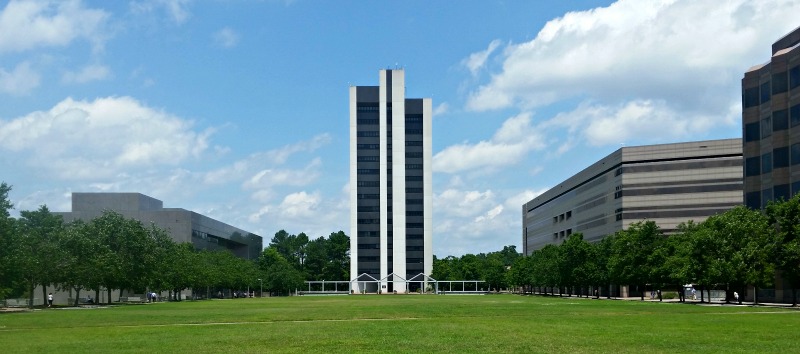 The state House today (Jan. 10) unanimously passed a bill that offers direction and critically needed funds to state agencies to take steps to address chemical contamination of drinking water in Wilmington and statewide. But the Senate adjourned without taking up the measure - in fact, even before the House voted.
The state House today (Jan. 10) unanimously passed a bill that offers direction and critically needed funds to state agencies to take steps to address chemical contamination of drinking water in Wilmington and statewide. But the Senate adjourned without taking up the measure - in fact, even before the House voted.
House Bill 189, "Short Term Response to Emerging Contaminants,” would break an impasse between the legislature and the Cooper administration, which requested $2.5 million in emergency funding to deal with drinking water contamination that has galvanized public concern in Wilmington.
House Bill 189 would reallocate more than $1.32 million that the legislature previously directed the Department of Environmental Quality (DEQ) to spend on studying the use of chemical algaecides to address nutrient pollution in Jordan and Falls lakes. The Army Corps of Engineers recently rejected a plan for testing the algaecides in Jordan Lake. The Sierra Club has long opposed the proposal as too risky for the environment and public health.
In addition, the House included in the bill an appropriation of $1 million for technology requested by DEQ to help detect chemicals in water.
House Bill 189 would:
- Require DEQ to study the state’s National Pollution Discharge Elimination System (NPDES) permitting program to ensure it sufficiently protects public health and the environment.
- Require DEQ to share water quality information with neighboring states and study reporting for spills.
- Require the Department of Health and Human Services to consult with the Secretaries’ Science Advisory Board in developing health goals for contaminants.
- Direct the UNC School of Government to study the civil liability of water utilities that distribute contaminated drinking water.
The Legislature previously directed $435,000 to the Cape Fear Public Utility Authority and UNC-Wilmington to study contamination of the lower Cape Fear River with GenX, an unregulated chemical discharged by Chemours, and find a way to treat local drinking water. But state lawmakers had, until now, ignored Governor Cooper’s request for funding for state agencies to investigate contamination by GenX and other unregulated chemicals.
The Senate has not acted on Cooper’s request or H 189, and adjourned today without taking up either.
DEQ has been challenged to keep up with water quality inspections and permitting due to years of legislative budget cuts.
Molly Diggins, state director of the NC Sierra Club, issued this statement regarding H 189:
“Given what is at stake, it’s reprehensible that the Senate was unwilling to even consider the interim measure passed by the House that would start North Carolina toward a program to address the dangers of chemical contamination in drinking water. We expect our elected officials to put the safety and well-being of citizens ahead of political gamesmanship.”
“The Senate has left DEQ without the needed resources to address chemical contaminants and take measures to prevent a similar crisis from occurring elsewhere in the state.”
“The governor’s request is miniscule in terms of the overall $23 billion state budget so the Senate’s recalcitrance is clearly not about a modest appropriation, but appears rather to be about hyper partisanship.”